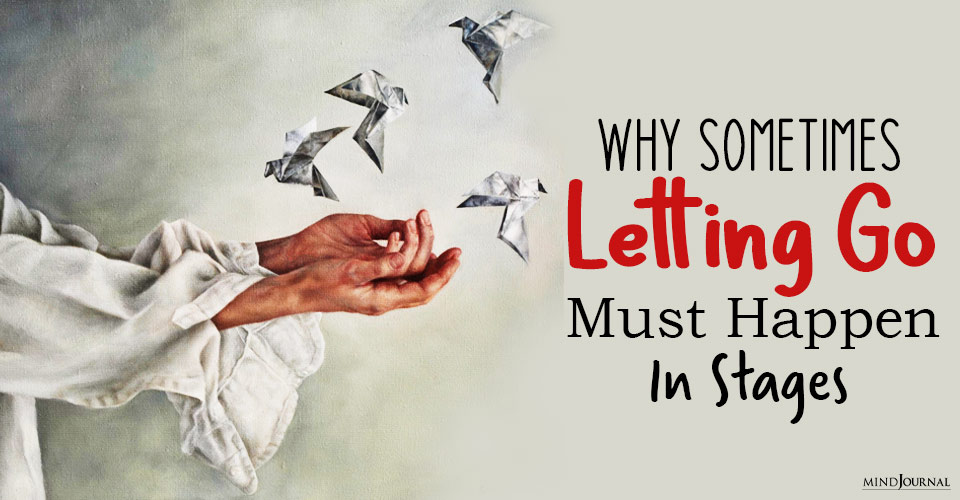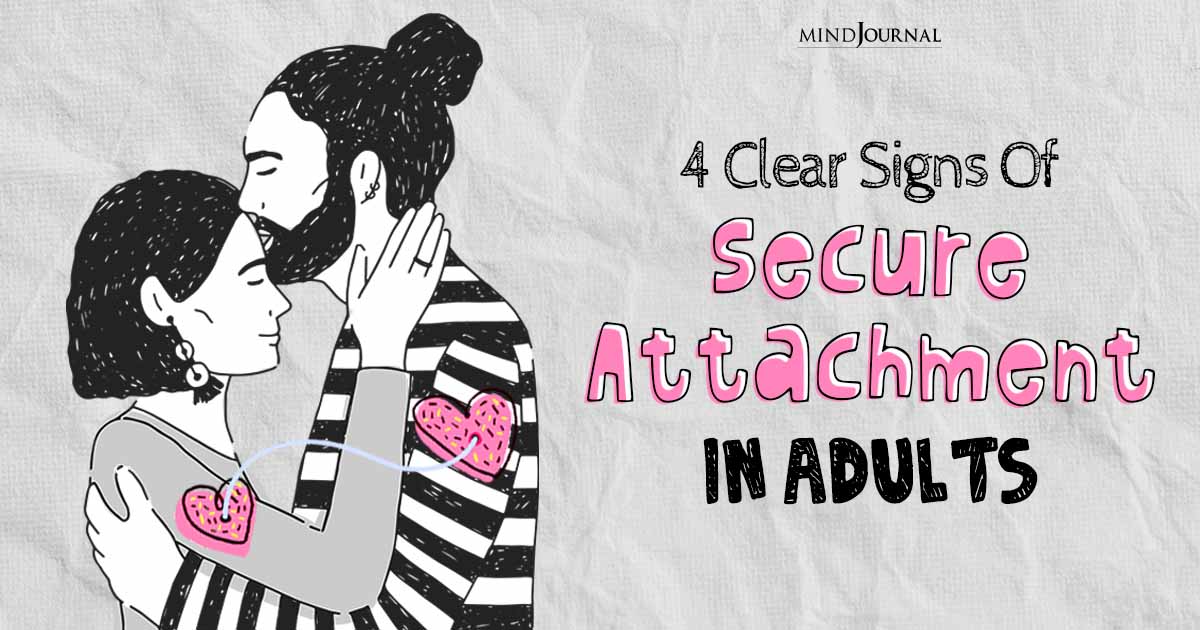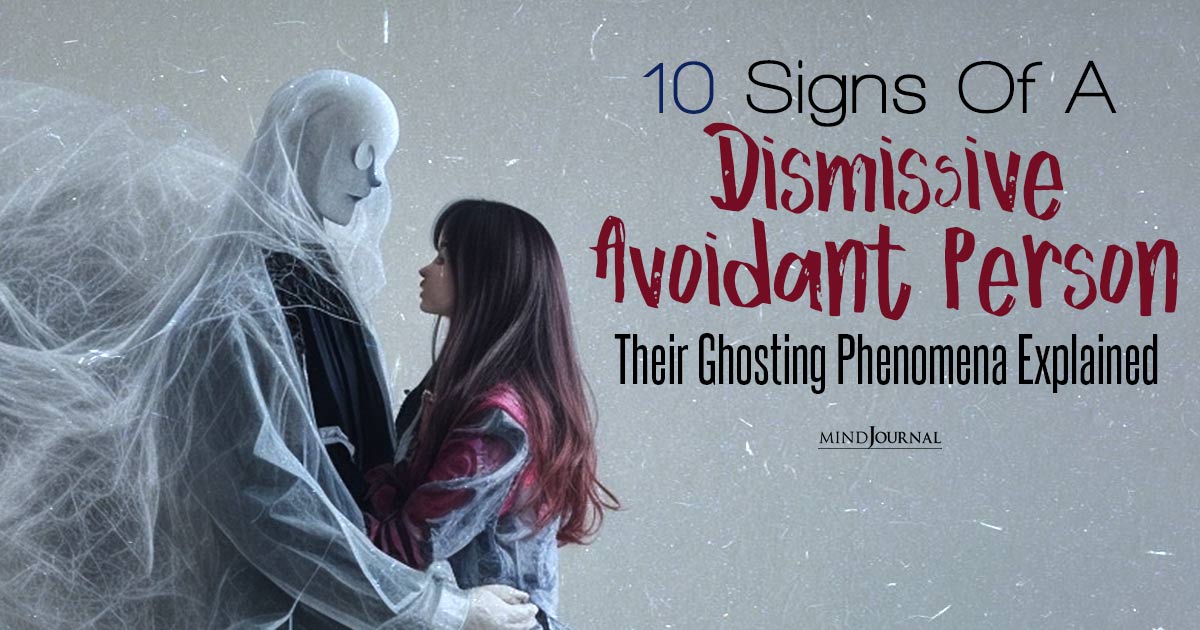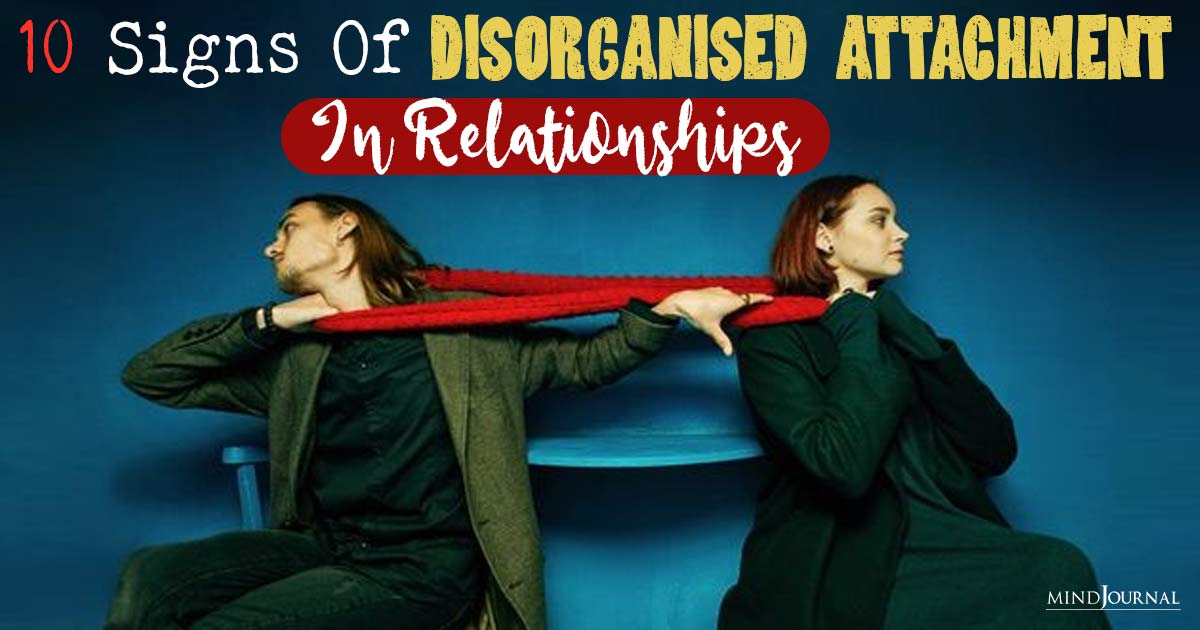Letting go of someone is not easy, but there comes a point when it needs to be done. And sometimes, letting go must happen in stages for you to understand that our beliefs and experience doesn’t always go hand in hand. Unfortunately, sometimes…it’s necessary.
One always has to know when a stage comes to an end. If we insist on staying longer than the necessary time, we lose the happiness and the meaning of the other stages we have to go through. Closing cycles, shutting doors, ending chapters – whatever name we give it, what matters is to leave in the past the moments of life that have finished. — Paulo Coelho
Maybe you’d like to distance yourself from someone who keeps showing their true colors, but because of history or old feelings, that disconnection simply cannot remain permanent on your end. I think it’s safe to say in some situations, most of us would love to push a magic button to disconnect from a certain person in our life.
One push and it’s over.
No more overthinking. No more questioning our strength. No more growing frustrated when you make progress, only for it to all slip through your fingers again. But this will never be the case, and it shouldn’t be.
When things end unexpectedly, most of the time, there is a “what if?” lingering above your head.
What if they could change?
What if I was too harsh?
What if it was the right person at the wrong time?
What if they could have made it up to me if I hadn’t cut them off?
Related: 5 Reasons Why Letting Go Of Love That Hurts Is Good For You
But darling, these will always be hypotheticals.
Letting go must happen in stages because sometimes you are meant to be disappointed again and again for this message to sink in: People never change.
That person who broke your heart years ago and has shown no signs of treating you better since will never acknowledge their behavior. That person you would do anything for who takes you for granted and ignores your presence in the company of others will never appreciate your worth.
Letting go can happen overnight—there is no doubt about that. But I feel the most impactful lessons are the ones that keep hurting you until you have no choice but to move on.
Letting Go Must Happen In Stages.
First, you will hurt. You will give them a second chance. You will believe in their good intentions, and you will let your guard down. And then you will probably get hurt again because what do they say about history? It always repeats itself.
This time around, you will tell yourself you are over them. But months down the track, you’ll let them back in again. And you might be angry at yourself for doing it. This cycle will repeat until one day, you can no longer deny the reality.

You see, the more they disappoint you, the looser your grip becomes, the more you grow into your worth and distance yourself from that person who never could appreciate you as you deserve.
Once you get to that final point, that is when you will be able to truly let go.
You allowed them so many chances to change and show you their character and they let you down every single time.
The next time you feel disheartened because you are struggling to let them go, you should trust in the fact that one day, you will have enough. And you will eventually let them go for good, even if right now it doesn’t feel like it.
Check out Samira Vivette’s website for more such beautiful articles, www.samiravivette.com
Written By Samira Vivette Previously Published By Thought Catalog
Sometimes, letting go must happen in stages, because unless you realize for good that you are investing your time, emotions, and energy in the wrong person, you will never be able to move on. Letting go can be tough and painful, but sometimes it has to be done.










Leave a Reply
You must be logged in to post a comment.